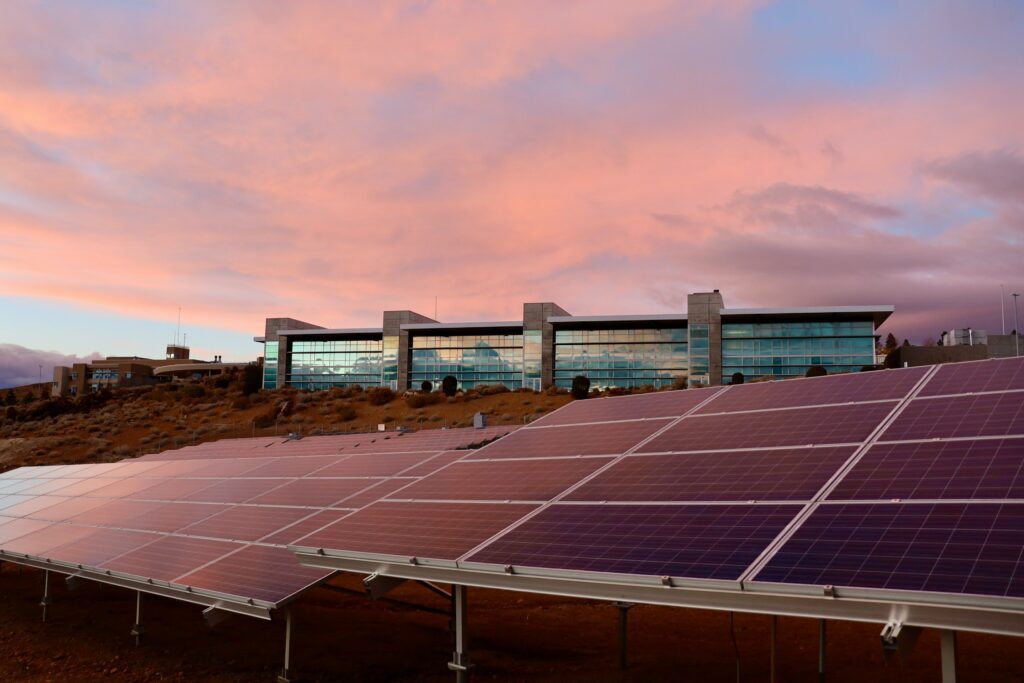Citizens taking the lead: what can consumers do to protect themselves from high energy prices?
This is the second instalment of the Topic of the Month: Reacting to the new energy landscape
The ongoing crisis with very high energy prices has become a reason for growing concern among both policymakers and citizens. This winter, energy prices were already high, and they increased even further after Russia invaded Ukraine. Consumers can protect themselves from an escalation in fossil fuel prices by saving energy, replacing their gas boilers with heat pumps to heat their homes, and using public transport or switching to an electric vehicle (EV). This switch away from fossil fuels will take time, and many consumers will need help to be able to afford the investments, but it is possible. However, it would make consumers more dependent on electricity, and electricity prices are also high because gas power plants are often setting the price for electricity. This leads us to the next question: what can we do about high electricity prices?
Some politicians have argued that marginal pricing is the problem in electricity markets. If we need gas power plants to avoid electricity shortages, and gas is expensive, we need to pay a high enough price for gas, but why would we have to pay the same high price for all the other electricity-producing technologies? Are they not getting excessive profits? A counterargument is that all markets that experience shocks have excessive profits, which are expected to trigger the necessary investments. Intervention in the price mechanism can make things worse by reducing investor confidence and prolonging scarcity. At the Florence School of Regulation, we argued on several occasions that there are many good reasons to keep the wholesale market for electricity based on marginal pricing (read for instance here). The ongoing integration of wholesale electricity markets has proven to be very beneficial to limit the impact of the current crisis, and there are many good ideas to continue improving the existing market design. The School also provided recommendations for consumer protection, which we believe should be more targeted to those that really need it without taking away the incentives to save energy, especially when generation is scarce.
Everything said above is receiving a lot of attention in the ongoing debate, and there are many references you can read to learn more about these ideas. However, there is also another solution that we think deserves more attention: energy communities.
The EU Clean Energy Package requires all Member States to set up a regulatory framework for energy communities and peer-to-peer energy sharing. The intention was to give citizens the possibility to take ownership of the energy transition by joining collective action. As we highlighted in a research report on the matter, citizens can set up cooperatives to co-invest in renewables, they can share the energy they produce individually or engage in the market collectively, etc. Sceptics will tell you that energy communities are just trying to avoid taxes and levies or network charges, or that it is not cost-efficient to invest in small-scale renewables. The counterargument is that wealthy households were already doing this for many years; they are the prosumers with PV rooftops, home battery systems and EVs that are already so numerous in places like Germany. If properly designed, the community concept can be about giving the same opportunities to households that live in a flat rather than a villa. As stated in the RES Directive, participation in communities should be accessible to “all consumers, including those in low-income or vulnerable households.” They could jointly invest in larger-scale PV rooftops on a shared multi-apartment building, or in a neighbourhood solar or wind farm with possibly a community storage facility.
Today, there is also a new argument in favour of the energy community concept. It gives consumers access to the average cost of renewables, which is currently lower than market prices. So far, cooperatives that invested in renewable energy often did that to promote environmental sustainability, with many of the members willing to pay a premium for green and often locally produced energy. In the current crisis, these cooperatives turned out to be a smart hedge against high market prices. In many cases, they still rely on the market, but they do reduce their exposure to market prices by directly investing in renewables or contracting long-term power purchase agreements with renewable energy producers. In other cases, they offer a shield from the vagaries of markets by enabling new types of transactions where the members of a community share the energy surplus of their individually-owned assets directly peer-to-peer.
Removing the barriers to the uptake of these bottom-up initiatives or directly promoting their development would be a cheaper and more sustainable choice than continuing to compensate consumers for high prices, a choice that is costing European countries billions of euros every month. In this respect, local governments can play a fundamental role. As trusted actors that have a better understanding of the local situation, they can help kick-start new community projects, for instance by letting citizens use public buildings to install rooftop solar panels and share the energy locally with vulnerable consumers, or by providing technical support to interact with network companies and other relevant public bodies.
Related FSR videos:








